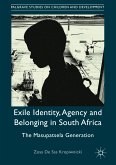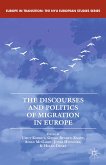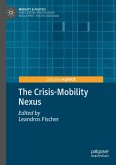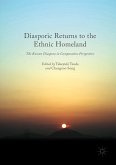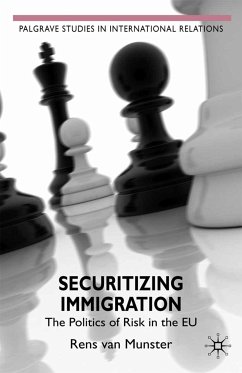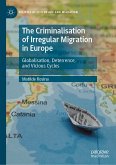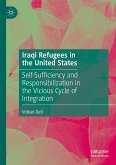The book is set in the context of re-emerging ultra-nationalists and anti-migrant politicians on the national and international stage, advancing various strands of extreme-right and protectionist ideology couched as redemptive-welfarist strategies. The adverse impacts of these strategies seem to be reifying a possessive idea of citizenship and identity, engendering a national fantasy that portrays communities as homogenous entities inhabiting enclosed borders. This is essentially a compendium of conversations across the intersection of the racial, national, ethnic, spiritual, and sexual boundaries in which we live.
Benjamin Maiangwa is an Assistant Professor in the Department of Political Science at Lakehead University, Thunder Bay, Ontario, Canada. Prior to joining Lakehead University, he was Teaching Fellow in International Relations and Peace and Conflict Studies in the School of Government and International Affairs (SGIA), Durham University, UK. He was also instructor at the University of Manitoba and the Manitoba Institute of Trades and Technology (MITT). Maiangwa's research focuses broadly on the intersection of politics, culture, and society. His publications and outreach activities use storytelling, action research, and critical ethnography to explore notions of contested belonging, home, mobility, and people's experiences of conflict and peace.
Dieser Download kann aus rechtlichen Gründen nur mit Rechnungsadresse in A, B, BG, CY, CZ, D, DK, EW, E, FIN, F, GR, HR, H, IRL, I, LT, L, LR, M, NL, PL, P, R, S, SLO, SK ausgeliefert werden.



